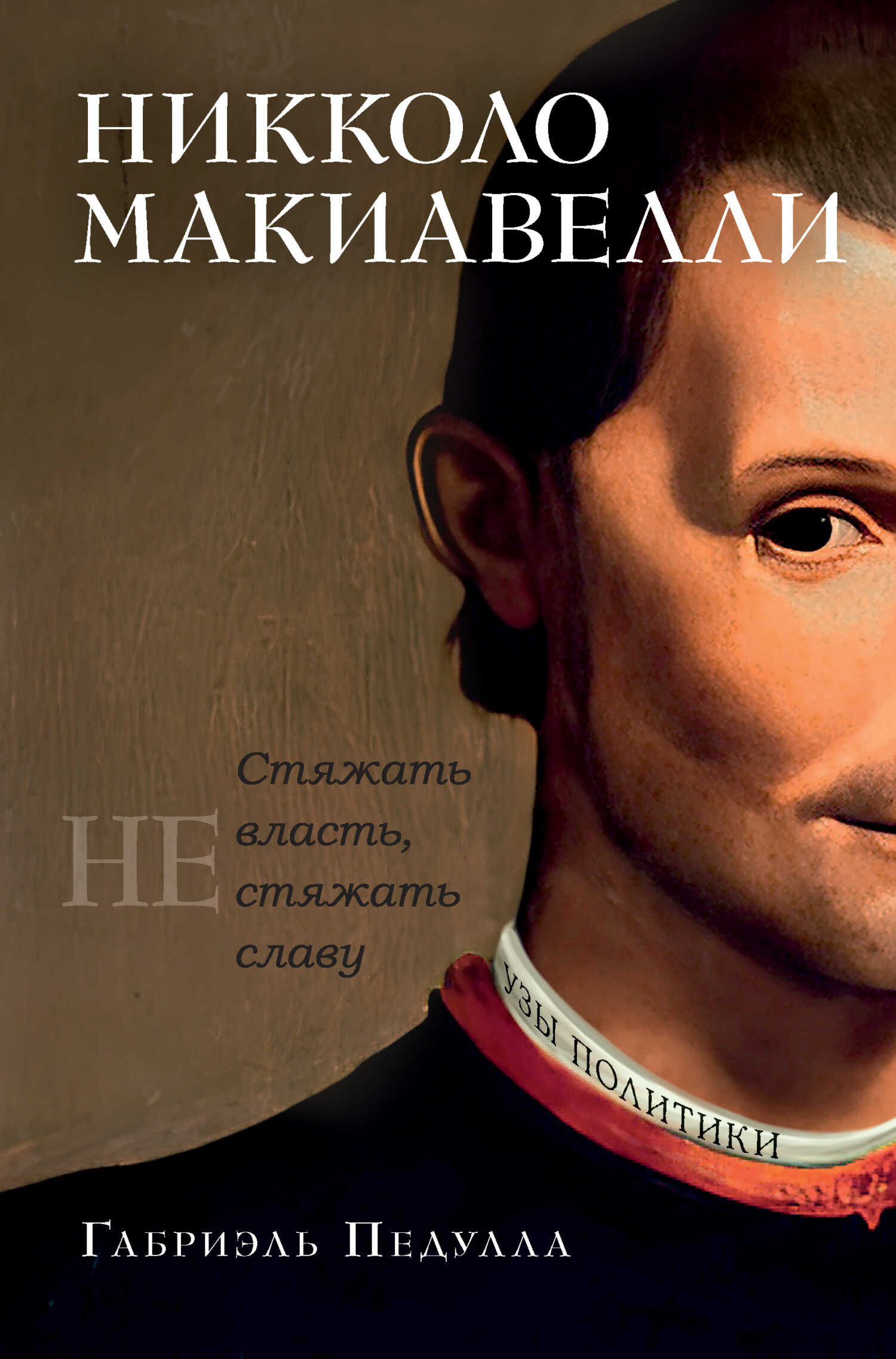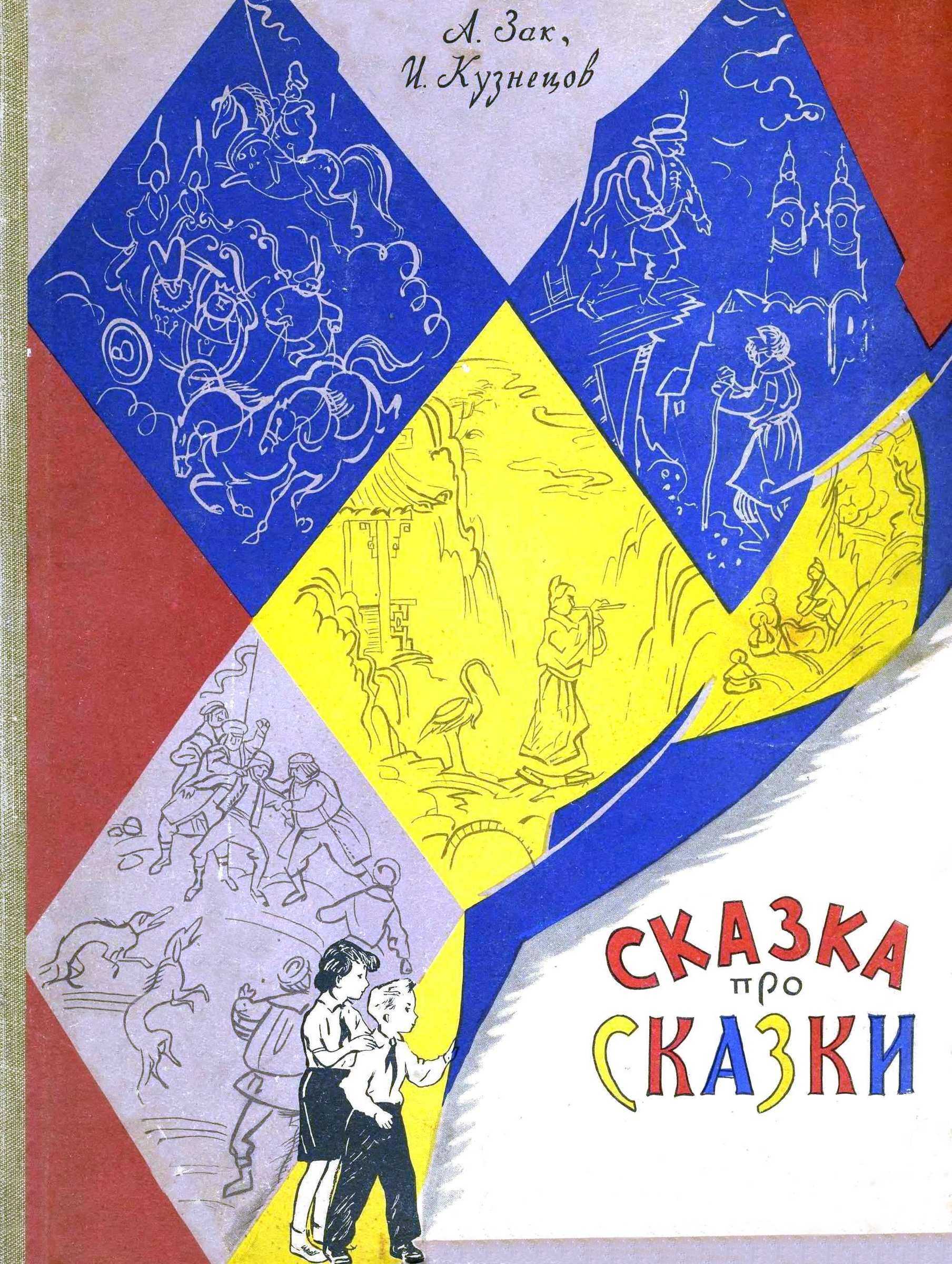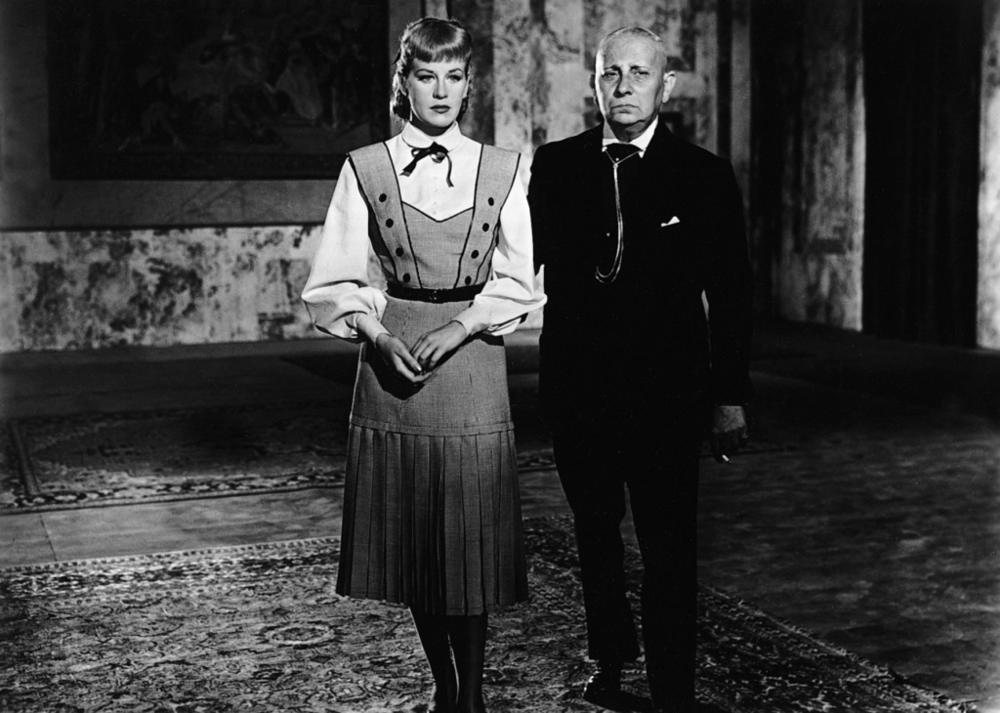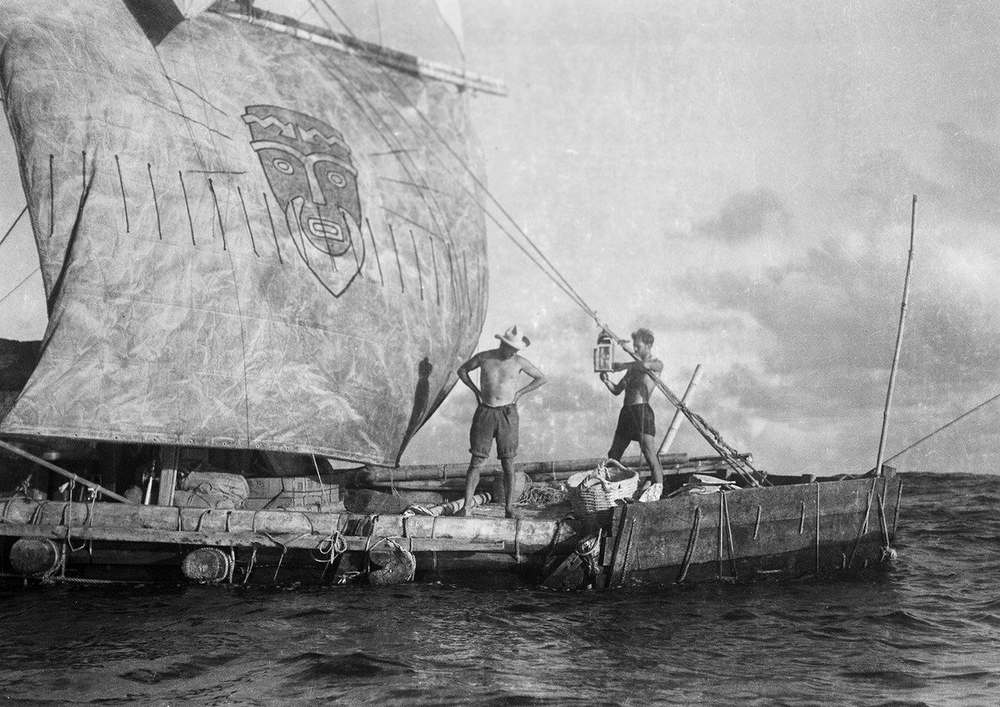Сталин. Том 2. В предчувствии Гитлера, 1929–1941 - Стивен Коткин
Книгу Сталин. Том 2. В предчувствии Гитлера, 1929–1941 - Стивен Коткин читаем онлайн бесплатно полную версию! Чтобы начать читать не надо регистрации. Напомним, что читать онлайн вы можете не только на компьютере, но и на андроид (Android), iPhone и iPad. Приятного чтения!
Шрифт:
Интервал:
Закладка:
Jervis, Robert. «Hypotheses on Misconceptions», World Politics, 20/3 (1968): 454–79.
_____. «Strategic Intelligence and Effective Policy». In Security and Intelligence: New Perspectives for the 1990s, edited by Stuart Farson et al. London: Frank Cass, 1991, 165–81.
Joachimsthaler, Anton. Hitlers Liste: ein Dokument persönlicher Beziehungen. Munich: Herbig Verlag, 2003.
Joffe, Nadezhda. Back in Time: My Life, My Fate, My Epoch. Oak Park, MI: Labor Publications, 1995.
Johnson, Oliver. «Alternative Histories of Soviet Visual Culture», Kritika, 11/3 (2010), 581–608.
Johnston, Robert Harold. New Mecca, New Babylon: Paris and the Russian Exiles, 1920–1945. Kingston, Ontario: McGill-Queen’s University, 1988.
Jonas, Michael. Wipert von Blücher und Finnland: Alternativpolitik und Diplomatie im ‘Dritten Reich’. Dissertation. Helsinki, 2009.
Jones, David William. The Lost Debate: German Socialist Intellectuals and Totalitarianism. Champaign, IL: University of Chicago, 1999.
Jones, F. C. Japan’s New Order in East Asia, 1937–1945. London: Oxford University, 1954.
Jones, Larry Eugene. «Hindenburg and the Conservative Dilemma in the 1932 Presidential Elections», German Studies Review, 20/2 (1997): 235–59.
_____. «Nazis, Conservatives, and the Establishment of the Third Reich», Tel Aviver Jahrbuch für Deutsche Geschichte, 23 (1994): 41–64.
Jones, Thomas, Lloyd George. Cambridge, MA: Harvard University, 1951.
_____. A Diary with Letters, 1931–1950. New York: Oxford University, 1954.
Jones, William David. «Toward a Theory of Totalitarianism: Franz Borkenau’s Pareto», Journal of the History of Ideas, 53/3 (1992): 455–66.
Jordan, Nicole. The Popular Front and Central Europe: The Dilemmas of French Impotence, 1918–1940. New York: Cambridge University, 1992.
Joyce, Christopher. «The Soviet Penal System and the Great Terror». In Stalin’s Terror Revisited, edited by Melanie Ilič. Basingstoke: Palgrave Macmillan, 2006.
Judson, Pieter. Guardians of the Nation: Activists on the Language Frontiers of Imperial Austria. Cambridge, MA: Harvard University, 2006.
Jukes, Geoffrey. «The Red Army and the Munich Crisis», Journal of Contemporary History, 26/2 (1991): 195–214.
Jurkiewicz, Jaroslaw. Pakt wschodni: z historii stosunków międzynarodowych w latach 1934–1935. Warsaw: Mnisterstwo Oborony Narodowej, 1963.
Kahn, David. The Codebreakers. Rev. ed. New York: Scribner, 1996.
Kaiser, David E. Economic Diplomacy and the Origins of the Second World War: Germany, Britain, France, and Eastern Europe, 1930–1939. Princeton, NJ: Princeton University, 1980.
Kai-shek, Chiang. «A Fortnight». In Sian: Extracts from a Diary. Shanghai: China Publishing Company, 1937, 58–63.
_____. Soviet Russia in China: A Summing Up at Seventy. New York: Farrar, Straus & Giroux, 1965.
Kale, Verna. «The Fifth Column: A Play by Ernest Hemingway», The Hemingway Review, 27/2 (2008): 131–4.
Kangas, Roger. «Faizulla Khodzhaev: National Communism in Bukhara and Soviet Uzbekistan, 1896–1938», PhD diss. Indiana University, 1991.
Kaplan, Temma. Red City, Blue Period: Social Movements in Picasso’s Barcelona. Berkeley: University of California, 1992.
Kaplonski, Christopher. «Prelude to Violence: Show Trials and State Power in 1930s Mongolia», American Ethnologist, 35/2 (2008): 321–37.
Karski, Jan. The Great Powers and Poland: From Versailles to Yalta. Lanham, MD: Rowman and Littlefield, 2014.
Kaslas, B. J. «The Lithuanian Strip in Soviet-German Secret Diplomacy, 1939–1941», Journal of Baltic Studies, 4/3 (1973): 204–19.
Kassow, Samuel. «Trotsky and the Bulletin of the Opposition», Studies in Comparative Communism, 10/1–2 (1977): 184–97.
Kassymbekova, Botakoz, and Christian Teichman, «The Red Man’s Burden: Soviet European Officials in Central Asia in the 1920s and 30s». In Helpless Imperialists: Imperial Failure, Fear, and Radicalization, edited by Maurus Reinkowski and Gregor Thum. Gottingen: Vandenhoeck & Ruprecht, 2013.
Kasza, Gregory. The Conscription Society: Administered Mass Organizations. New Haven, CT: Yale University, 1995.
Katz, Barbara G. «Purges and Production: Soviet Economic Growth, 1928–1940», Journal of Economic History, 35/3 (1975): 567–90.
Katz, Daniel. «The Public Opinion Polls and the 1940 Election», Public Opinion Quarterly, 5/1 (1941): 52–78.
Katzenellenbaum, S. S. Russian Currency and Banking, 1914–1924. London: P. S. King, 1925.
Kaufman, Peter B. «Soviet Attitudes towards Collective Security in Europe, 1936–38», Russian History, 15/2–4 (1988): 427–44.
Kazemzadeh, Firuz. The Struggle for Transcaucasia, 1917–1921. New York: Philosophical Library, 1951.
Kebbel, T. E., ed. Selected Speeches of the Late Right Honorable the Earl of Beaconsfield. London: Longmans, Green and Co., 1889.
Kelly, Catriona. Comrade Pavlik: The Rise and Fall of a Soviet Boy Hero. London: Granta Books, 2005.
Kemp-Welch, A. Stalin and the Literary Intelligentsia, 1918–1939. Houndmills, Basingstoke: Macmillan, 1991.
Ken, Oleg. Collective Security or Isolation: Soviet Foreign Policy and Poland, 1930–1935. St. Petersburg: Evropeiskii dom, 1996.
Kenez, Peter. «The Picture of the Enemy in Stalinist Films». In Insiders and Outsiders in Russian Cinema, edited by Stephen M. Norris and Zara M. Torlone. Bloomington: Indiana University, 2008, 96–112.
_____. Cinema and Soviet Society from the Revolution to the Death of Stalin. London and New York: I. B. Tauris, 2001.
_____. The Birth of the Propaganda State: Social Methods of Mass Mobilization, 1917–1929. New York: Cambridge University, 1985.
Kennan, George F. At a Century’s Ending: Reflections, 1982–1995. New York: W. W. Norton, 1996.
_____. «The War Problem of the Soviet Union» (1935), in The Soviet Union and the Failure of Collective Security, 1934–1938, by Jiři Hochman, 176–83.
_____. From Prague after Munich: Diplomatic Papers, 1938–1940. Princeton, NJ: Princeton University, 1968.
_____. Memoirs, 1925–1950. Boston: Little, Brown, 1967.
_____. Memoirs, 1950–1963. Boston: Little, Brown, 1972.
_____. Russia and the West under Lenin and Stalin. Boston: Little, Brown, 1961.
Kennedy, A. L. Old Diplomacy and New, 1876–1922, From Salisbury to Lloyd George. London: John Murray, 1922.
Kennedy, David. «The Move to Institutions», Cardozo Law Review, 8/5 (1987): 841–988.
Kennedy, Paul M. «The Tradition of Appeasement in British Foreign Policy, 1865–1939», British Journal of International Studies, 2/3 (1976): 195–215.
Kennel, Ruth. «The New Innocents Abroad», American Mercury, XVII (May 1929): 10–8.
Keohane, R. O. «Lilliputians’ Dilemmas: Small States in International Politics», International Organization, 23/2 (1969): 291–310.
Kepley, Jr., Vance. «The First Perestroika: Soviet Cinema under the First Five-Year Plan», Cinema Journal, no. 35 (1996): 31–53.
Kern, Gary. A Death in Washington: Walter G. Krivitsky and the Stalin Terror. New York: Enigma Books, 2004.
Kerrl, Hanss, ed. Nürnberg 1936: Der Parteitag der Ehre. Berlin: C. A. Weller, 1936.
Kershaw, Ian. «‘Working Toward the Führer’: Reflections on the Nature of the Hitler Dictatorship», Contemporary European History, 2/2 (1993): 103–18.
_____. «Hitler and the Uniqueness of Nazism», Journal of Contemporary History, 39/2 (2004): 239–54.
_____. Fateful Choices: Ten Decisions that Changed the World, 1940–1941. London:
Прочитали книгу? Предлагаем вам поделится своим отзывом от прочитанного(прослушанного)! Ваш отзыв будет полезен читателям, которые еще только собираются познакомиться с произведением.
Уважаемые читатели, слушатели и просто посетители нашей библиотеки! Просим Вас придерживаться определенных правил при комментировании литературных произведений.
- 1. Просьба отказаться от дискриминационных высказываний. Мы защищаем право наших читателей свободно выражать свою точку зрения. Вместе с тем мы не терпим агрессии. На сайте запрещено оставлять комментарий, который содержит унизительные высказывания или призывы к насилию по отношению к отдельным лицам или группам людей на основании их расы, этнического происхождения, вероисповедания, недееспособности, пола, возраста, статуса ветерана, касты или сексуальной ориентации.
- 2. Просьба отказаться от оскорблений, угроз и запугиваний.
- 3. Просьба отказаться от нецензурной лексики.
- 4. Просьба вести себя максимально корректно как по отношению к авторам, так и по отношению к другим читателям и их комментариям.
Надеемся на Ваше понимание и благоразумие. С уважением, администратор knigkindom.ru.
Оставить комментарий
-
 murka31 январь 16:48
хорошая,,нестандартные отношения..секс, любовь....
Секс-тренинг для булочки - Бетти Алая
murka31 январь 16:48
хорошая,,нестандартные отношения..секс, любовь....
Секс-тренинг для булочки - Бетти Алая
-
 murka31 январь 00:44
Зачиталась,книга 🔥,советую....
Пять желаний Софии - Наташа Фаолини
murka31 январь 00:44
Зачиталась,книга 🔥,советую....
Пять желаний Софии - Наташа Фаолини
-
 Raibaru_Tate30 январь 14:35
https://boosty.to/raibaru перевожу для себя всю серию, если интересно можете глянуть...
Искра вечного пламени - Пенн Коул
Raibaru_Tate30 январь 14:35
https://boosty.to/raibaru перевожу для себя всю серию, если интересно можете глянуть...
Искра вечного пламени - Пенн Коул










